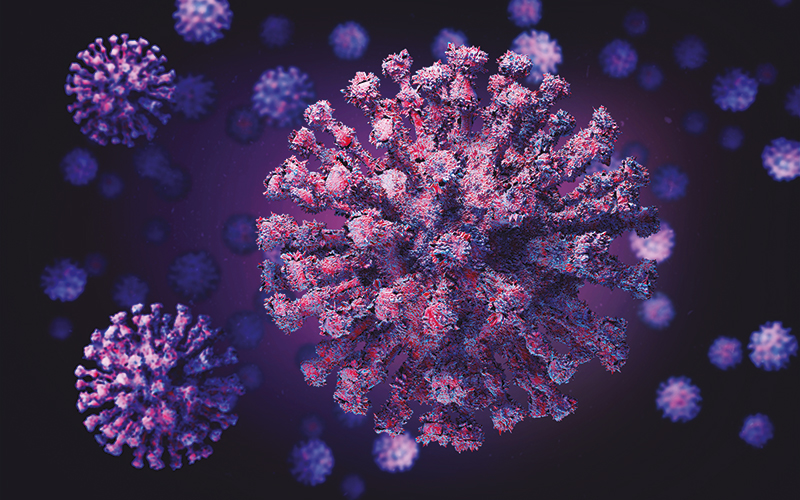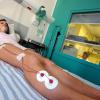Deputy Editor Dr Mark Hajjawi gives a round-up of the papers published over recent months.

With the showers of spring behind us, roses now in bloom, and the summer sun shining across the UK, now is a good opportunity to look back over the second quarter of 2022. With Professor Anthony Rhodes as Editor, the journal has settled into its new home with the publisher, Frontiers, and it continues to publish world-leading research from international authors. Two new Deputy Editors have been appointed, Dr Mark Hajjawi from Scarborough, Hull and York Pathology Service and Dr Yuh-Fen Pung from the University of Nottingham Malaysia, to join Dr Guy Orchard and Dr Andrew Blann.
COVID-19
We will continue 2022 as we began it, focusing on COVID-19. Almost all biomedical scientists practising in healthcare will have been affected by COVID-19 professionally, and this condition continues to devastate society. The journal has previously published articles which identified mortality risk factors associated with COVID-19. Adding to this body of work, El-Lateef et al. investigated haemostatic changes in 284 patients with COVID-19 who presented at the Security Forces Hospital in Makkah, Saudi Arabia.
Please click here to read the full article.
Image credit | Shutterstock



